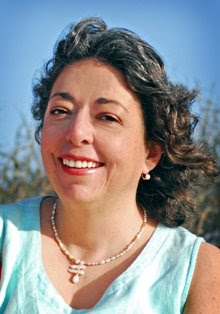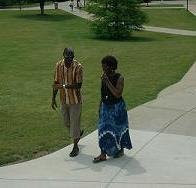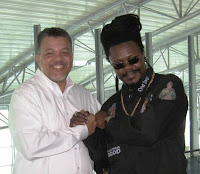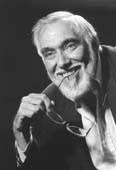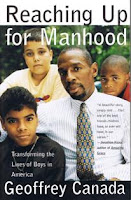 A few years ago, I used to teach a research course in which I used Awakening the Heroes Within by Carol S. Pearson as a means for my students not only to identify role models in their particular discipline, but also for them to learn from their heroes a way out of the labyrinth of choices that they would have to make and to avoid the siren calls that would lead them off the paths they had chosen.
A few years ago, I used to teach a research course in which I used Awakening the Heroes Within by Carol S. Pearson as a means for my students not only to identify role models in their particular discipline, but also for them to learn from their heroes a way out of the labyrinth of choices that they would have to make and to avoid the siren calls that would lead them off the paths they had chosen.For some students, this was the ideal assignment and they dived into the work—often producing lengthy tomes and teaching me at the same time about the work of artists such as Dai Sil Kim-Gibson. For some students, however, when they realized what was needed to pursue their dreams, they chickened out and wrote me a paper on Oprah Winfrey.
And then there were some students who were clueless. And no matter how much I talked about “following your bliss” as Joseph Campbell advised, they still didn’t know what they wanted. It wasn’t until I had one-on-one meetings with him or her in my office and asked, “If you won a million dollars right now, what would you be doing?” And then, I would get an immediate answer such as, “Oh, that’s easy. I’d be doing X or Y.” To which I’d respond, “Then, why aren’t you doing it?”
For some students, the light went on immediately. And that’s the moment that we as teachers all love—that moment when you’ve met a student who has found her way and you as a teacher have helped her to discover her path.I won’t lie and say that this happened often, but when it did, I gave thanks that the moment of grace happened and that I was present to witness it.
For the few for whom there was no light, I could only pray that even if they passed my class by a writing a great paper on Nelson Mandela, that they would find another teacher to inspire them because I knew that without that “Fire in the belly,” as General Colin Powell (another perennial favorite) once described as the reason for his withdrawal from the presidential race, then the student would never have a successful life or career.
Because that what it takes. Fire. Commitment. Passion. Without this fire, without the passion, you will never get past the stages of indentifying your goals, planning the means to achieve the goal, and living your dreams. It’s the fire that allows you to find the will to get up early in the morning (long before your peers have awakened) and for you to work into the night (long after your peers have fallen asleep). It is this fire that sustains you through your apprenticeship, the tedium that will come even of the best of days, and on the days when everything goes wrong. It may even see you through the times when you think you aren’t getting the recognition that you deserve.
But you know what? The applause, the credit, the money shouldn’t be the reason why you are working in your discipline. In a new book, The Bald Truth, David Falk, the agent who propelled Michael Jordan’s career into the stratosphere, notes that the trait that all the top players in every sport share: a for the love of the game and not the dollars.
Sure, we’d all love to have Jordan’s fame and dollars, but that’s not the reason why we should get into a line of work. For over the long haul, we are bound to be disappointed once we look back and see where we’ve invested all our energy. We will have seen that what we have done has not given us the sense of life—the joy of life that comes from Flow—those hours when time and space disappear and we are caught up in the rapture of doing what we really love—something that expands our horizons—those moments when we step beyond the boundaries of race and class--whatever else that binds us to the small, limited versions of ourselves-- to discover what it means to be truly human--for we have discovered the passion in which we can invest our whole being. This is life. This is fire. This is passion. And as Henry Miller once reminded us, “The aim of life is to live, and to live means to be aware, joyously, drunkenly, serenely, divinely aware.”
***
Text from a lecture @ the African- American Male Summit,Miami Dade College, North Campus, February 27, 2009
***
Update: Don't miss a guest post by Pam Mordecai on Friday, March 6, 2009:
Letter to a Young Writer.
